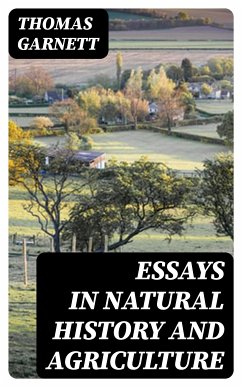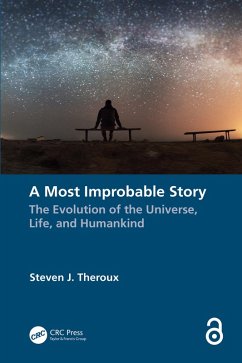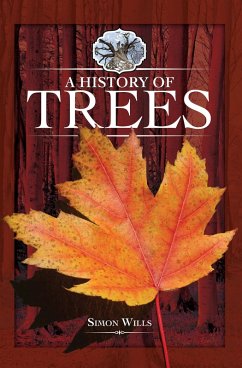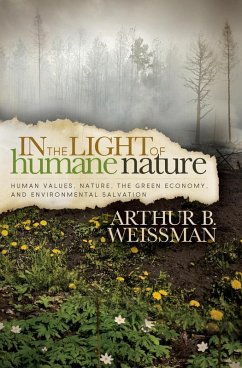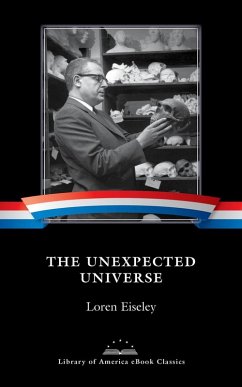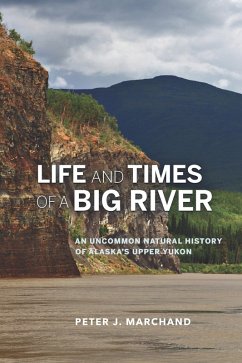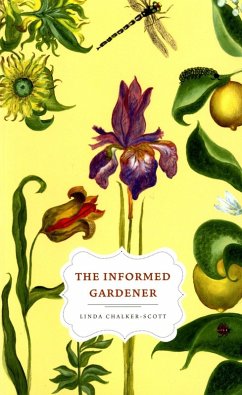
Peat and its Uses as Fertilizer and Fuel (eBook, ePUB)
Versandkostenfrei!
Sofort per Download lieferbar
0,49 €
inkl. MwSt.
Weitere Ausgaben:

PAYBACK Punkte
0 °P sammeln!
In "Peat and its Uses as Fertilizer and Fuel," Samuel W. Johnson embarks on a meticulous exploration of peat-its formation, properties, and multifaceted applications in agriculture and energy production. Written in a clear yet scholarly prose, Johnson deftly interweaves empirical research with practical observations, offering a comprehensive examination that situates peat within the broader contexts of agronomy and environmental sustainability. The book is a significant contribution to early 20th-century agrarian literature, reflecting the growing interest in organic and alternative fertilizer...
In "Peat and its Uses as Fertilizer and Fuel," Samuel W. Johnson embarks on a meticulous exploration of peat-its formation, properties, and multifaceted applications in agriculture and energy production. Written in a clear yet scholarly prose, Johnson deftly interweaves empirical research with practical observations, offering a comprehensive examination that situates peat within the broader contexts of agronomy and environmental sustainability. The book is a significant contribution to early 20th-century agrarian literature, reflecting the growing interest in organic and alternative fertilizers amid the industrial revolution's push towards chemical options. Samuel W. Johnson was a renowned agricultural scientist whose work largely focused on sustainable agricultural practices and the optimization of natural resources. His academic background, along with hands-on experience in rural farming communities, deeply informed his perspective on nutritious soil management and eco-friendly energy sources. Writing at a time when peat's viability was often debated, Johnson was motivated by a desire to advocate for natural fertilizers, recognizing their critical role in promoting healthy ecosystems. This book is essential reading for scholars, agricultural practitioners, and environmental advocates alike. Johnson's insights on peat not only illuminate its practical benefits but also encourage thoughtful discussions about sustainable alternatives in contemporary agriculture. Readers will find a compelling case for re-evaluating natural resources that remain relevant in today's ecological discussions.
Dieser Download kann aus rechtlichen Gründen nur mit Rechnungsadresse in A, B, BG, CY, CZ, D, DK, EW, E, FIN, F, GR, H, IRL, I, LT, L, LR, M, NL, PL, P, R, S, SLO, SK ausgeliefert werden.




